To showcase the variety of the short stories published in the Spring issue, we asked the six writers to select a single sentence that marked the moment they first knew what story they were writing. All but one played ball: Jesse Ball could not choose one. Luckily for Jesse, Andrew Martin highlighted two sentences. Read on for discussions of narrative slipperiness, places of disjuncture, and happy things.
This story was stuck in my head for months, so by the time I started writing it, I felt like I knew more about it than anyone needs to know about anything. Drafting is often a sweaty, anxious process for me, but there are always surprises that make it worthwhile. I wanted the story to have a slippery quality to it, but nailing down the narrative voice was a series of small discoveries. Writing the opening, and writing this sentence in particular, is maybe the moment when the story and its somewhat capricious voice slid into proper focus for me. —Senaa Ahmad, “Let’s Play Dead”
I don’t feel my way into a story with sentences but with setting and plot. I wasn’t sure what was at the moral core of the story, though, until the line “sometimes furious there was a place on the earth he didn’t belong.” —Rebecca Makkai, “A Story for Your Daughters, a Story for Your Sons”
I initially thought I was going to explore this incident that happened in a neighboring town back home involving an elderly woman and her young-man neighbor. And I knew I wanted to start with the woman, Clara, at her kitchen sink, washing dishes and looking out her window. But I had no idea the story would unfurl like it did, and I ended up discovering the story wasn’t even about the incident after all. I love a good surprise. —Ashleigh Bryant Phillips, “An Unspoken”
I think it was this pair of sentences that made me realize what the story was about, or at least how it would move forward. I think this was the moment where, to use the classic Gornick formulation, it went from being a situation (a fractious book club) to a story (a member of fractious book club has a hopeless crush on another member). —Andrew Martin, “Childhood, Boyhood, Youth”
I often find myself writing from this place of disjuncture. The friction between what we wish we felt and what we actually feel can make a story light up in my mind. —Clare Sestanovich, “By Design”
The text appears by itself as itself. All of it … is it. The earlier words appeared before the later words. In a sense, the early words are not connected to the later words by their own commitment. It is the commitment, as a tale proceeds, of the later words to the earlier words that creates the work. The first sentence of a story therefore could be the first sentence of many stories, et cetera. I wrote this one in the State Library in Berlin. I sat down and there it was—a happy thing. —Jesse Ball, “Diary of a Country Mouse”
from The Paris Review https://ift.tt/3c606j2

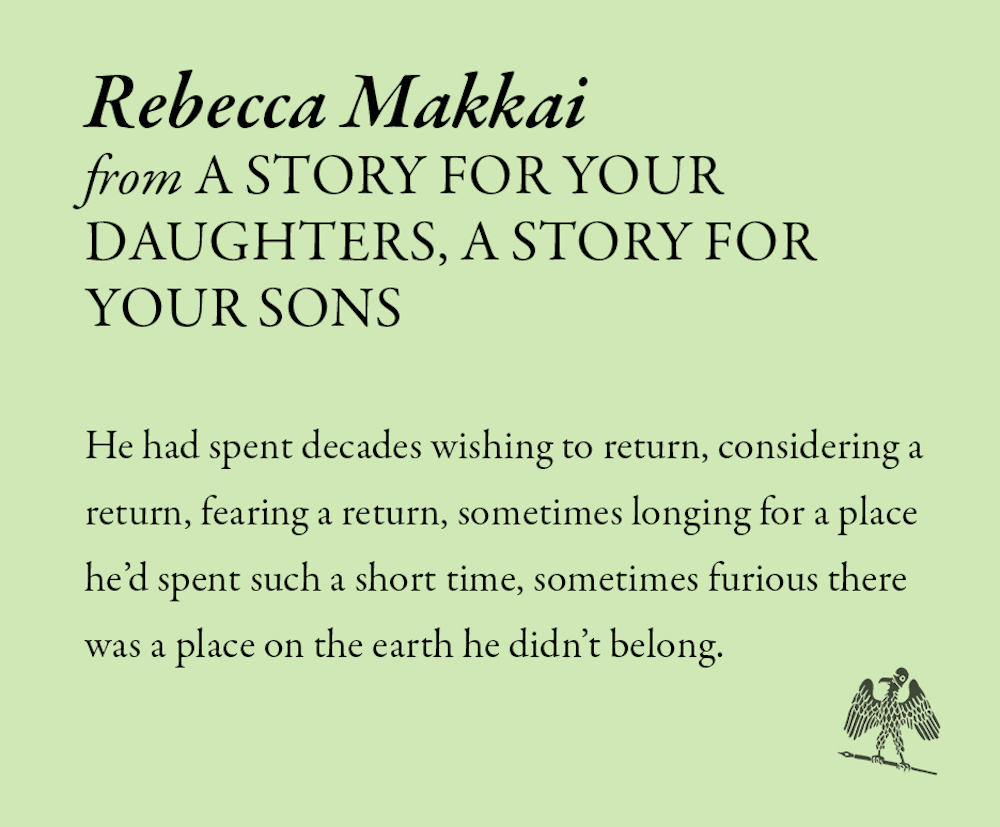
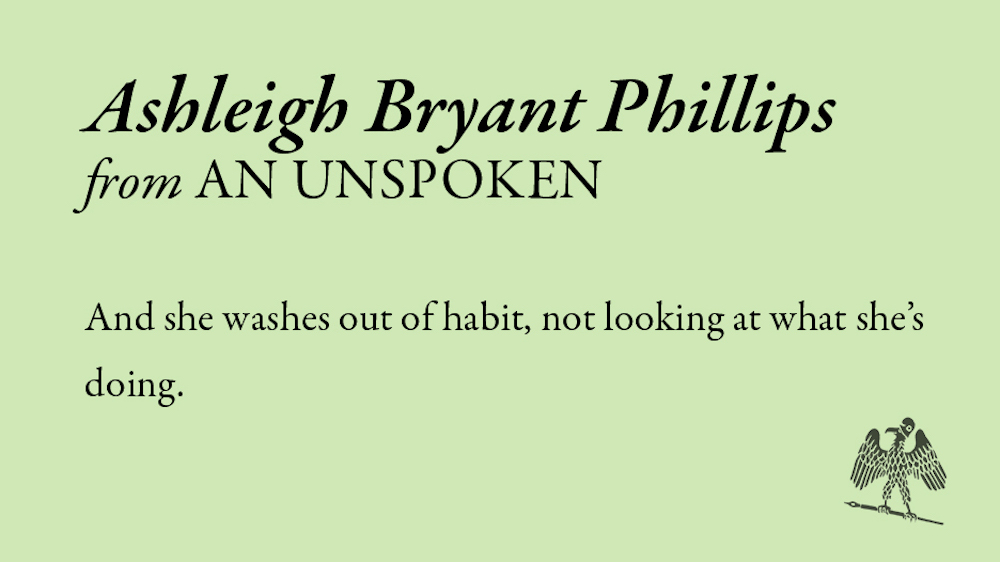
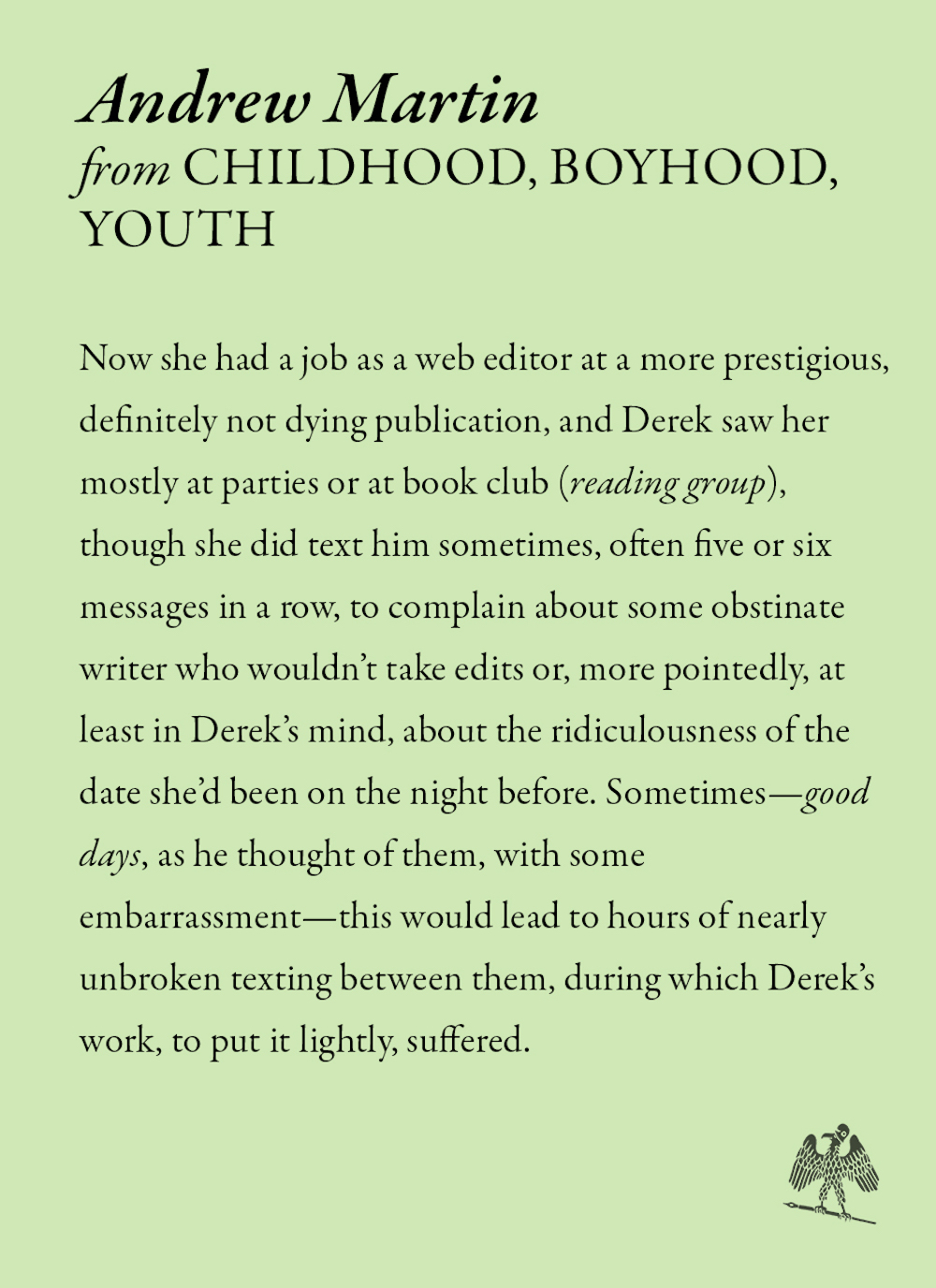
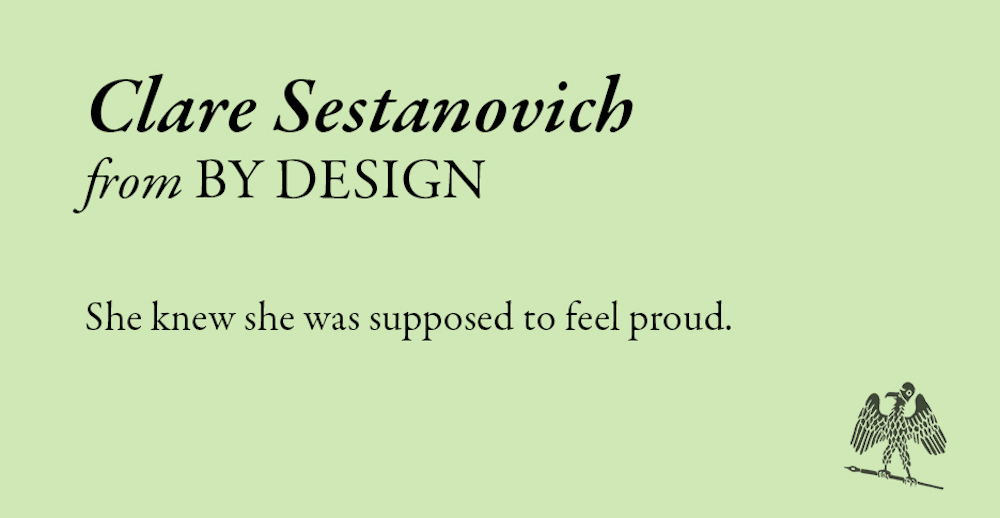
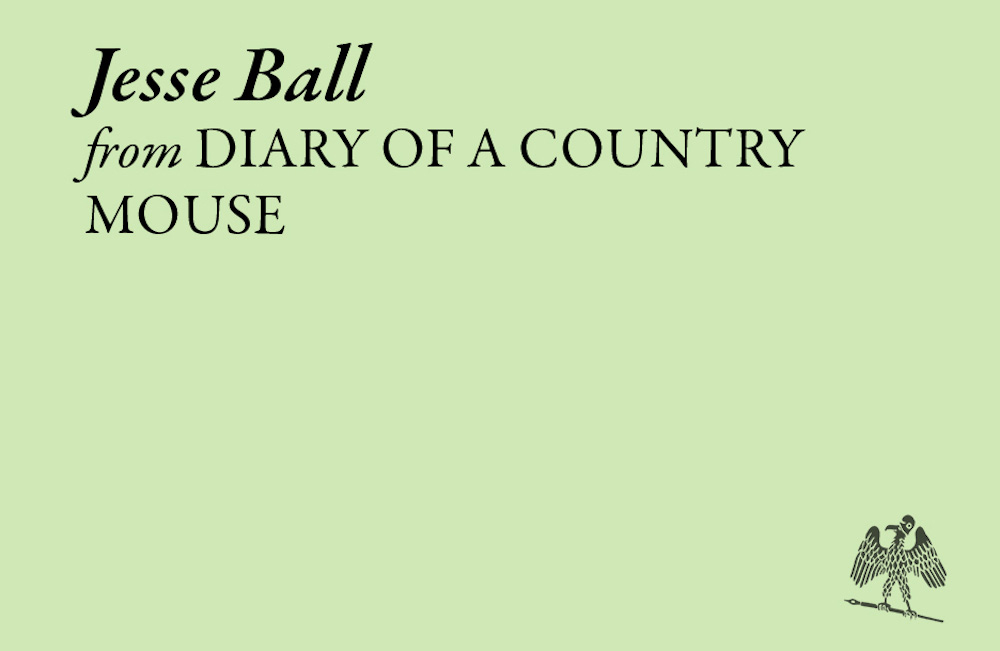
Comments
Post a Comment